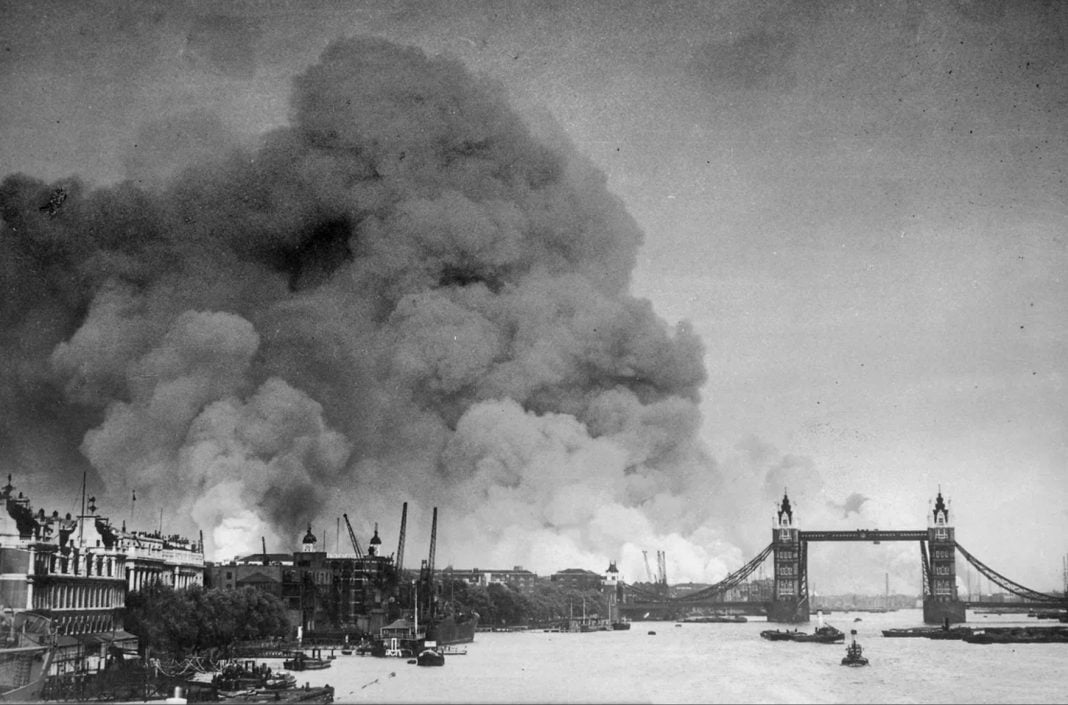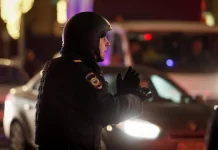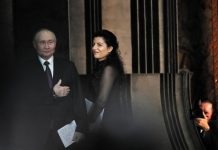By Polina Lebedeva, for EUvsDisinfo
In late June, a 30-year-old German-American volunteer crossed the Polish-Ukrainian border to begin combat training with Ukraine’s armed forces. Like hundreds of others who have left behind civilian lives across Europe, North America, and beyond, he feels this is one of the most tangible ways to contribute to victory. ‘There are things worth going to war for,’ he says, brushing off the idea that support for Ukraine is waning because the front line is too distant to matter.
Ukraine’s call for international volunteers has drawn fighters from across the world since the onset of Russian aggression in 2014, with another wave in early 2022. These volunteers are not mercenaries as under Ukrainian law, they must join official military units and serve under contract. Nevertheless, they have become a key target in Russian disinformation campaigns, which attempt to discredit their motives and paint them as NATO proxies or extremists. This article follows one such volunteer, Steffen Berr.
From Supporter to Soldier
Steffen was born and raised in California, where he studied to become a civil engineer before moving to the Netherlands. Having no prior connection to Ukraine, he admits to hearing about the annexation of Crimea in college but not following related events much. This changed in February of 2022 when Steffen started monitoring the news, in disbelief that Russia would wage a full-scale invasion. Since then, he and his brother have organised a variety of fundraising activities for the Ukrainian military, raising over 50,000 euros in total. Steffen also frequently spotlights war developments and his activism on social media, including his YouTube channel.
After years of support from afar, Steffen first visited Ukraine in February 2024 with an Estonian charity fund, HELP99, as part of a convoy delivering pickup trucks and drones to the frontlines. This was also his first time meeting Ukrainian soldiers and seeing the remnants of Russia’s occupation and violence in Bucha and Irpin. ‘Coming back home was weird. In Amsterdam, it’s like people are living in a dream world,’ Steffen shared. As soon as he returned home, he started thinking about the following opportunities to visit Ukraine: ‘Nothing I do here [in the Netherlands] feels important; it is inconsequential.’ Since then, Steffen has travelled to Ukraine four more times, driving over 34 hours from Tallinn to Kyiv on every trip.
Steffen also sees it as his duty to share his observations of Ukraine with his friends and family in the US and Europe to dispel Russian propaganda. His firsthand accounts carry a credibility that state sources are often denied in the information war, as it becomes much harder to label attacks on civilians as staged when the report comes from someone simply speaking from lived experience. ‘It is very important to document Russia’s crimes and the damage that these attacks have done,’ Steffen shared on his LinkedIn account while in Kyiv during a recent wave of drone and missile strikes.
His story is not uncommon among foreign volunteers. In a war where information is weaponised as powerfully as artillery, they are acting as human bridges between Ukraine’s reality and a Western public that is increasingly fragmented and unsure what or whom to believe.
The thought of joining the Ukrainian military first crossed Steffen’s mind at the beginning of the full-scale invasion, but having no prior military training, he decided to keep fundraising while better preparing himself, physically and mentally, for service. The turning point was his third trip to Ukraine in September 2024. ‘Every time I came, I wanted to keep staying,’ shared the soon-to-be drone operator. Though Steffen’s formal boot camp is yet to commence, he has already taken steps to increase his readiness, such as talking to current Ukrainian and foreign military volunteers, training with a drone simulator, learning how to shoot, and taking multiple first-aid courses. He also started learning Ukrainian as he anticipates having mainly Ukrainian comrades-in-arms.
Fighting the Narrative
As Ukraine continues fighting in the third year of the full-scale war, international volunteers (allegedly numbering as few as 2,000 or as many as 20,000 individuals) occupy a complex and underexplored space. Their presence on the battlefield can sometimes be romanticised as an expression of moral heroism, while at other times, they are vilified for their supposedly reckless adventurism, making them an easy target for Russian propaganda.
Kremlin’s disinformation campaigns often label pro-Ukrainian volunteers as ‘Nazis’ or ‘Nazi mercs’ (mercenaries) on social media, which ties into Russia’s overall narrative of ‘denazifying’ Ukraine. According to the European Digital Media Observatory, other tactics include making baseless accusations against the Ukrainian Armed Forces (e.g., that Ukraine uses foreign soldiers’ organs for transplants), distorting reality, and disseminating real but outdated images as if they portray current events from Ukraine. Recently, Moscow’s so-called ‘Investigative Committee’ issued in absentia sentences against members of Ukraine’s International Legion. The Legion firmly rejected the sentences and deemed them a part of Russia’s ‘destructive information and psychological influence’ campaigns. These various disinformation campaigns are designed to create ambiguity, thereby demotivating foreigners from supporting Ukraine.
Yet despite these efforts to discredit and confuse, individuals like Steffen remain committed to their decision, motivated by months of deliberation and a desire to assist a cause that aligns with their values of ‘lived credibility’ that can often be more persuasive to those unfamiliar with Ukraine’s realities.
Presence Matters
The growing number of foreign volunteers in Ukraine challenges the assumption that interest in the war is only a function of proximity or heritage. While official aid packages from governments dominate headlines, public opinion in democratic societies still exerts a powerful influence on foreign policy decisions. And that opinion is arguably more dependent on personalisation than statistics – that is, on whether people feel that a war thousands of kilometres away has anything to do with them.
For many of those living in Ukraine, the idea of a quick end to the war feels increasingly detached from realities on the ground. Despite repeated appeals for negotiation, there is little indication that Russia is prepared to withdraw from occupied territories or agree to a just ceasefire. In this context, the continuous willingness of international volunteers to defend Ukraine signals an understanding of a threat that shows no signs of disappearing.
This commitment also shows that an impactful response is not limited to institutional or state actions. Where governments hesitate, individuals are stepping in. Though individual motivations are not uniform, what links many of them is a shared sense that waiting for a coherent international response is no longer tenable. Help is needed today, and disengagement has a moral cost.
State responses to Ukraine have fluctuated with political cycles and shifting global priorities, which are understandable but leave gaps in momentum. While high-level decision-makers might fail to agree on policy alignments, individual volunteers respond to what they see, hear, and believe in. While they cannot change the course of the war alone, their presence still makes a difference for Ukrainians who see that the rest of the world has not given up on them and for volunteers’ communities back home that have access to first-hand information about the war.
Though Steffen understands the risks of military service and is not looking forward to its violent aspects, he shares that he would not want to regret his inaction in ten years: ‘I want to look back and think that I did the most that I could and followed what I believed was right.’ When the Russo-Ukrainian war becomes another page in history books, the record of who did what will be especially clear. Volunteers like Steffen will have their answer, but the question still hangs for those with more power and fewer obstacles: what did they do when time was running out?
By Polina Lebedeva, for EUvsDisinfo
Polina Lebedeva is a research assistant at the Berlin-based Global Public Policy Institute (GPPi). She joined the institute in February 2024 as an intern in the peace and security team and has contributed to research projects on Russian occupation practices, feminist perspectives on international support to Ukraine, as well as a classification of how wars have ended in the past with a view to generating insights for the future of the war against Ukraine. Polina is a rising senior at Minerva University where she pursues a Politics and Cognitive Sciences degree, currently based in Kyiv.





